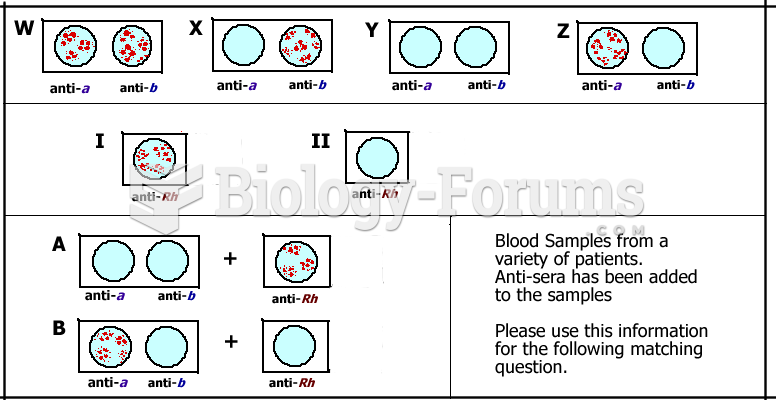Answer to Question 1
A QUESTION OF ETHICS
1. The court noted that the central question to be decided . . . is which innocent party, the owner whose agent acted contrary to instruction, or the potential buyer who felt the direct harm of the agent's discriminatory failure to offer the residence for sale, will ultimately bear the burden of the harm caused. The court concluded that the Fair Housing Act's overriding societal priority requires that the one innocent party with the power to control the acts of the agent, the owner of the property or other responsible superior, must act to compensate the injured party for the harm, and to insure that similar harm will not occur in the future. In other words, although Matchmaker (through Ernst), specifically instructed its agents not to discriminate, the question we was who among the innocent partiesthe plaintiffs or Matchmaker and Ernstshould bear the responsibility for the discriminatory acts of Matchmaker's agents. The court explained that we must hold those who benefit from the sale and rental of property to the public to the specific mandates of anti-discrimination law if the goal of equal housing opportunity is to be reached.
2. The court acknowledged that punitive damages can be assessed against a principal under the doctrine of respondeat superior if the principal knew of or ratified the acts of its employees or agents. But the court found no evidence to suggest that Ernst knew of or ratified the agents' discriminatory actions. In fact, the record reveals that Ernst affirmatively worked against discrimination in housing. Not only is Ernst a signator of VAMA, he has actively tried to get other Chicago brokers to sign it. He has also established written office policies for Matchmaker that require all Matchmaker agents to abide by VAMA and the fair housing laws. All of the agents testified that they believed they would be fired if they violated Ernst's anti-discrimination policies. In pursuit of his fair housing policy, Ernst required all of his agents to attend fair housing training courses sponsored by local real estate boards. (VAMA is an acronym for Voluntary Affirmative Marketing Agreement, an organization sponsored by the National Association of Realtors in cooperation with the U.S. Department of Housing and Urban Development. VAMA commits the signators to full compliance with fair housing laws, including the avoidance of racial steering.)
3. Based on allegations that racial steering by real estate agents destabilized the community and increased the burden on the city in the form of increased crime and erosion of the tax base, and that the city's fair housing agency had to use its scarce resources to insure compliance with the fair housing laws rather than performing its routine services, the city of Chicago had standing to bring an action against Matchmaker, its agents, and Ernst for recovery of damages for violations of the Fair Housing Act. The Leadership Council, a nonprofit corporation that served as the city's fair housing agency, had standing to bring an action based on alleged racial steering on the part of real estate agents, because, by conducting an investigation into the activities of the agency, the corporation deflected its time and money from counseling to legal efforts directed against discrimination. The individual testers had standing to bring an action for alleged racial steering by real estate agents, even though the testers lacked the intention of actually buying a home, because by enacting the Fair Housing Act, Congress conferred on all persons the legal right to truthful information about available housing.
Answer to Question 2
TRUE







